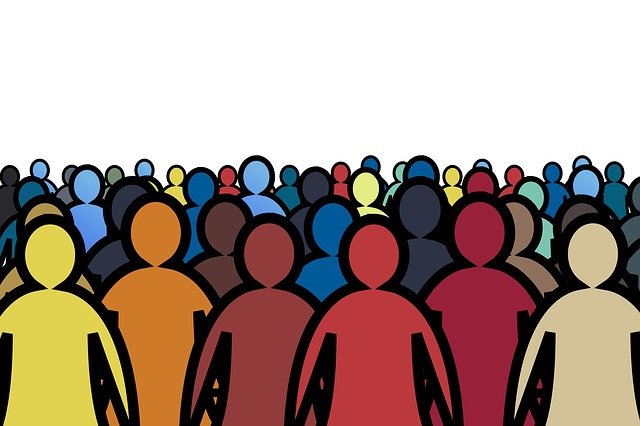How Working from Home Benefits the Society
-
How Working from Home Benefits the Society

If everyone who can work from home after Covid-19 starts working from home for one extra day compared to the situation before Covid-19, that will save society around four billion euros. This cost-saving is with employers and employees, but also with society as a whole. CO emissions2 decreases by 606 kilotons. This is evident from the PwC study ‘The costs and benefits of working from home. The reason for the research is the massive working from home since the outbreak of the corona crisis and the expectation that this working from home will at least partly be continued in the future. Even if working remotely from each other will no longer be necessary, it’s a necessity to make a add mood-lifting elements such as beautiful wall decals which can be beneficial to improve the ambiance while working at home.
Half of the working population in the Netherlands can work from home
The starting point of the study is that half of the working population in the Netherlands can work from home. Another starting point of the calculations is the assumption that all these people will stay at home for an extra day in the situation after Covid. From the calculation that follows comes the amount of net 3.9 billion euros in cost savings for employers, employees, and public goods. The impact on emissions has been calculated separately.
The benefits of working from home are significant
The benefits of additional working from home are considerable. Employers mainly save on the rent of office space. For employees, the cuts in commuting are the main counting. Commuting is also the main cause of reduced CO2emissions and public revenues: less traffic means fewer traffic jams, fewer accidents, and less investment in infrastructure.
ALSO READ: The Changing Nature of Private Investigation in the Digital Age
Costs are due to reduced collaboration and less innovation
There are also caveats. For example, working remotely (possibly) leads to looser corporate culture and reduced collaboration between people. ‘When people work well together, this often leads to increased creativity and stronger innovative power. These effects are not easily quantifiable, but crucial for organizations’, says Debby Jannink, a partner in the People & Organisation practice at PwC Netherlands. ‘When the crisis is over, working in the office or at home will once again become a choice for employers and employees. Then both the positive and the negative aspects must be included in the decisions and considerations. It is precisely the aspects that are not measurable that run the risk of not being included.’
It’s a search for a balance
The challenge is to find a balance, according to Debby Jannink. ‘Although it has also been very difficult in several cases, we have seen during the crisis that working from home is generally going very well. Thanks to our broadband connections, work continued seamlessly. This explains why the debate about the new normal has started. Because why should we all get stuck in traffic again? That is why many organizations are now thinking about a permanent change in the way of working. For us, that was the reason to list the costs and benefits, so that organizations make good decisions.’


